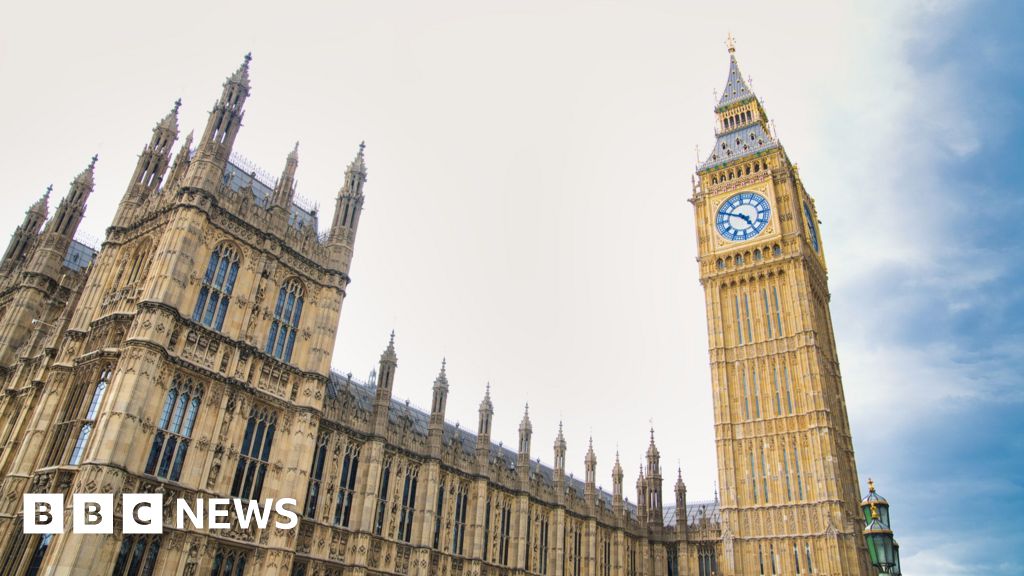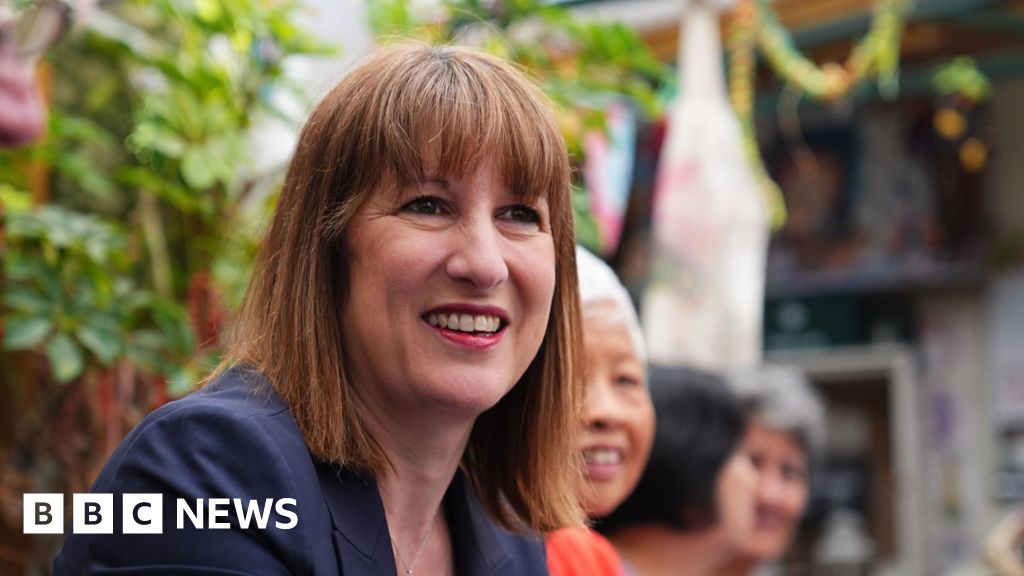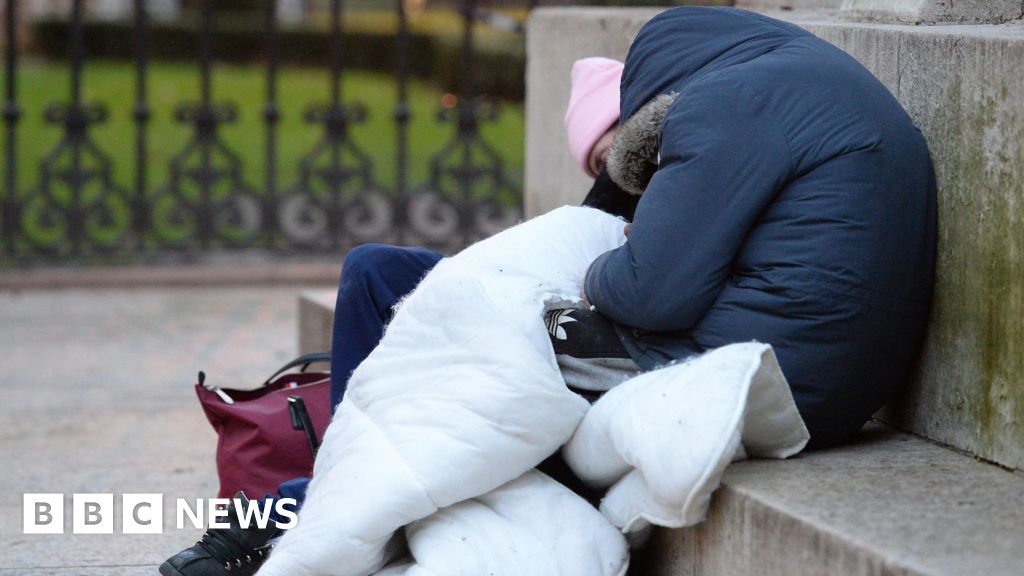ARTICLE AD BOX
Dangerous cladding will be fixed on buildings in England under new remediation plans, the government has pledged.
Under the scheme, buildings higher than 18 metres - defined as high-rise - with dangerous cladding covered by government-funded schemes will be fixed by the end of 2029, ministers have said.
By the same date, unsafe cladding in buildings over 11 metres should either be fixed or have a date for completion, otherwise landlords will face penalties.
Housing secretary Angela Rayner has described the plans as "decisive action" but campaigners have labelled them as "extremely disappointing" proposals that will "only make a horribly complicated process worse".
The drive to remove certain types of cladding from buildings was triggered by the 2017 Grenfell Tower fire which killed 72 people.
An inquiry into the tragedy found that the building's cladding, made from combustible material, was the "principal" reason for the fire's rapid spread.
In the years since the fire, there have been efforts to remove similar materials from other tower blocks.
The lengthy process of identifying what work needs to be done and who should pay for it has left many residents living in fear of fires or with worries over costly repair bills.
The housing department had previously estimated that all remediation works in buildings over 11 metres in England metres would be completed by 2035.
However, earlier this year the UK's spending watchdog, the National Audit Office warned that this target would be missed unless the process was speeded up.
It also estimated that up to 60% of buildings with dangerous cladding had still not been identified.
The government has now produced a remediation acceleration plan which it says will "get buildings fixed quicker, ensure rogue freeholders are held to account, and put the end in sight for affected residents".
The government says the new deadlines it has set, requiring action by 2029, will be backed by investment in enforcement.
It also says 29 developers, covering 95% of the buildings being fixed, have committed to "more than doubling the rate at which they have been assessing and starting to fix unsafe buildings".
The housing department has estimated that fixing unsafe cladding on all residential buildings over 11 metres in England will cost between £12.6bn and £22.4bn.
The government has committed to contributing £5.1bn to the total bill, with the rest being funded by developers, private owners or social housing providers.
However, End Our Cladding Scandal, a group representing leaseholders impacted by unsafe buildings, said that they are "still far from a comprehensive solution" on building safety.
The group said in a statement: "Labour's remediation acceleration plan is extremely disappointing. These proposals will only make a horribly complicated process worse with further layers of bureaucracy.
"The government may be patting itself on the back by announcing a target date for all high-rise buildings in government-funded schemes to have been remediated; however, the building safety fund first opened for registrations in June 2020, so a target date of nine years from then is underwhelming."
The group added: "We are still far from a comprehensive solution that will bring about the change innocent leaseholders and residents across the country need and deserve to see.
"There is still far too much uncertainty. Severe penalties will be meaningless without leaseholders and residents knowing for sure when homes will be made fully safe. This 'plan' will do little to change that."
The publication of the government's new plan coincides with a parliamentary debate on the second report into the Grenfell Tower fire, which is due to begin on Monday afternoon.
Ahead of the debate, Rayner said “More than seven years on from the Grenfell tragedy, thousands of people have been left living in homes across this country with dangerous cladding.
“The pace of remediation has been far too slow for far too long. We are taking decisive action to right this wrong and make homes safe.
“Our remediation acceleration plan will ensure those responsible for making buildings safe deliver the change residents need and deserve.”

 6 months ago
26
6 months ago
26








 English (US) ·
English (US) ·